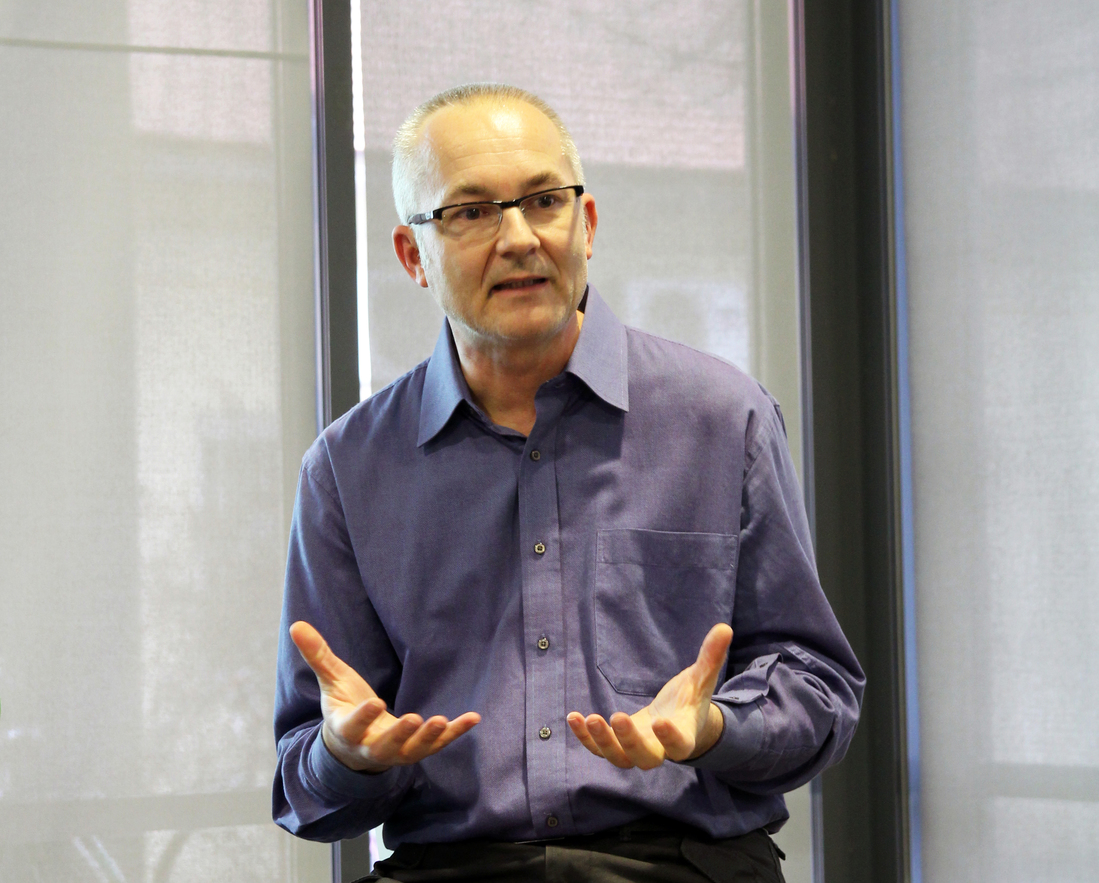Monday, 3 August 2020 New E+ project about growth mindset
This week, the University of Primorska successfully obtained a new international projects in the field of education with the title Growthminds. The project, whose lead partner is UP FAMNIT, will include various activities with which pedagogical staff at the university level will be able to develop new competencies for the use of the so called concept of growth mindset in their work. The project aims to increase the quality of the learning process through the use of new learning techniques and is co-financed by the European Union under the Erasmus+ KA203 programme.
The two-year project will be led by the Head of the Center for Positive Psychology, Assist. Prof. Kristijan Musek Lešnik, PhD and it will start ob 1 November. The developed materials will be disseminated for free in five languages, while the activities will directly include university educators and university students as main target groups. With a co-financed part of 171,459 EUR, the project will bring together the following partners: STEP Inštitut, zavod za psihologijo dela in podjetništvo (Slovenia), Balıkesir University (Turkey), University of Medicine and Pharmacy of Târgu Mureş (Romania) in University of Klagenfurt (Austria).

(Assist. Prof. Kristijan Musek Lešnik, PhD)
More about growth mindset
In 1988 Dr. Dweck sparked interest in researching mindsets by showing that those who believe their abilities are malleable (i.e. have a “growth mindset”) are more likely to embrace challenges and persist despite failure than those who view their abilities as non-changeable (i.e. “fixed mindset”). Growth mindset (GM) students seek out better feedback, persist for longer, cope better with transitions and develop better self-regulation. GM reduces stress in students, promotes wellbeing and emotional functioning, improves self-esteem, learning orientation, reduces helplessness and is linked with grit and pro-social behaviours. Research supports the idea that educator mindsets may influence the way they respond to students, which in turn has an impact on the students’ outcomes.




